Brazil, China ditch US dollar for trade payments, favour yuan
Brazil and China have agreed to bypass the US dollar when paying for trade goods - here’s why it’s a massive deal.
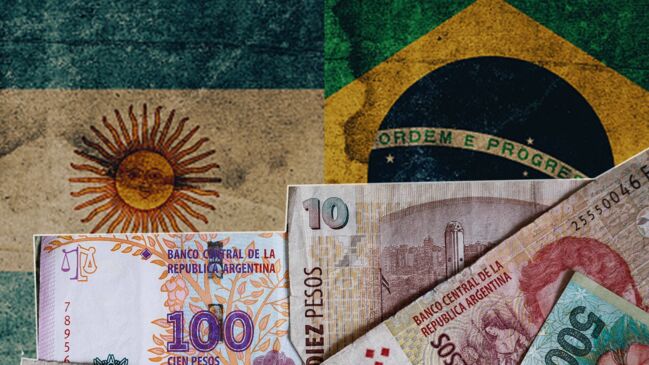
News
Don't miss out on the headlines from News. Followed categories will be added to My News.
Brazil has just cut a deal with China to ditch the US dollar when paying each other for trade goods. It’s the latest victory in Beijing’s long-term drive to stomp on the greenback and establish the yuan as the dominant international currency.
The deal, announced Thursday, has revived concerns about the US dollar’s future.
Brazil and China will directly exchange payments without first converting their currencies to a trusted third-party economy.
That’s the traditional role of the greenback.
Serious issue. US policy has been too heavy-handed, making countries want to ditch the dollar.
— Elon Musk (@elonmusk) March 29, 2023
It became the backbone of the global economy after World War II. The enormous economy, robust democracy and transparent regulatory systems of the United States quickly entrenched its reputation as a safe haven for international investors.
But times have changed.
The US no longer looks as socially or economically stable as it did just a decade ago. Now an increasing number of nations are eager to find alternative financial systems to insulate themselves from Washington’s willingness to use sanctions as political leverage.
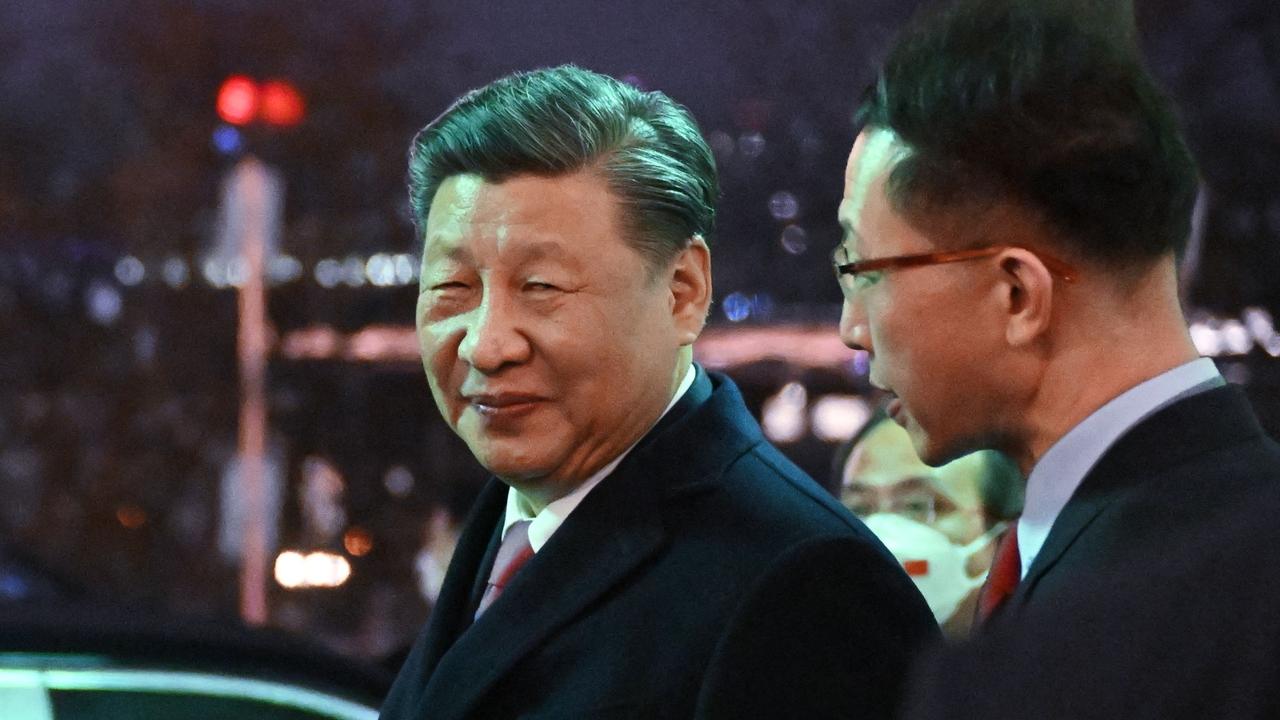
The Brazilian Trade and Investment Promotion Agency describes the new deal as promoting “even greater bilateral trade and facilitating investment” with China. But ongoing rises in the value of the US dollar and the fallout from the US Reserve Bank’s interest rate moves means it’s also being touted as a cost-cutting initiative.
Beijing, however, sees such moves as a way to insulate itself from international pressure.
“We would impose severe sanctions on anyone” who would arm Russia, US President Joe Biden pronounced when asked about the possibility of China rearming Russia after its disastrous attempt to invade Ukraine. “We would respond.”
The message struck home.
Russia has turned to China's Yuan to reduce reliance on the US Dollar pic.twitter.com/GEE4wqSfZJ
— Grit Capital (@Grit_Capital) March 29, 2023
“Western countries led by the US have implemented comprehensive containment, encirclement and suppression against us, bringing unprecedented severe challenges to our country’s development,” Chairman Xi Jinping retorted.
Foreign Minister Qin Gang went on to declare: “The US claims it wants to ‘compete to win’ with China, and does not seek conflict. But in fact, the so-called ‘competition’ by the US is all-round containment and suppression, a zero-sum game of life and death.”
The almighty dollar
World governments hold US dollar reserves to speed up global transactions and enable reserve banks to intervene in foreign exchange markets to prop up their own currencies.
Businesses, tourists and private investors also find the US dollar’s availability, ease and reliability attractive when conducting their own transactions.
But sanctions following the invasion of Ukraine brought all such activities for Russia’s institutions and 10,000 of its oligarchs to a screaming halt.
And some 44 countries — including Australia, Canada, Japan, New Zealand, South Korea, and nearly all of Europe — backed the US move to punish President Vladimir Putin.
“Chinese authorities were shocked by the seizure of the Russian central bank’s foreign exchange reserves following the invasion of Ukraine. In the event of a Sino-American conflict, Chinese assets would similarly be vulnerable,” argues Australian Strategic Policy Insitute (ASPI) senior fellow David Uren.
The effectiveness of the sanctions was a wake-up call to nations with authoritarian tendencies worldwide. But it came as no surprise to those who have suffered in the past from having weak economies totally dependent on the overbearing US dollar.
“American calls for defence of the international rule of law fall on jaded ears among many nations occupying the space between the Western democracies and the authoritarian states of Russia, China, Saudi Arabia, Iran and a few others,” says Uren.
“Entreats for solidarity are filtered by minds with harsh memories of European seizure and plundering of sovereignty, farmland, mineral wealth, tribal identities and the slave trade from the 15th through the early 20th Century.”
But this fight is far from over for the Dollar.
— Genevieve Roch-Decter, CFA (@GRDecter) March 29, 2023
The Dollar still dominates foreign exchange reserves, but that lead is slowing being chipped away pic.twitter.com/iRADwZkIYi
That’s why some economic analysts believe global efforts to realign currency holdings are inevitable. Others, however, doubt their lasting impact.
“While there may be some readjusting of portfolios in the short run, a Russia or China-led economic bloc is hardly going to inspire confidence in fund managers and bankers worldwide and induce them to shun US dollar-denominated securities,” argues ANU economist Dr Timo Henckel
Loose change
Like Australia, Brazil’s largest trading partner is China. It is the destination for a third of all Brasilia’s exports and the source of one-fifth of all imports.
The fact that the Chinese yuan inside Brazil’s pay-packet is only good for purchasing Chinese goods isn’t considered a significant problem by Beijing’s new, pro-Beijing President Luiz da Silva.
After all, Beijing is busily establishing the yuan as a trading currency in other key markets.
But the value of the deal to Beijing is geopolitical.
“China has great power aspirations on a wide front,” University of Pretoria economics professor Elsabe Loots argues in The Conversation.
“A decade ago, it indicated that it was aspiring to make the yuan the dominant currency in trade, financial transactions and especially as a global reserve currency.”
The yuan, however, has a long way to go as a reserve currency of choice.
The US dollar accounted for about 55 per cent of global central bank savings in 2022. The Euro made up about 20 per cent, and the Japanese yen just six per cent.
Like the Australian dollar, the Chinese yuan comprised less than five per cent of global government cash stocks.
But it’s making progress.
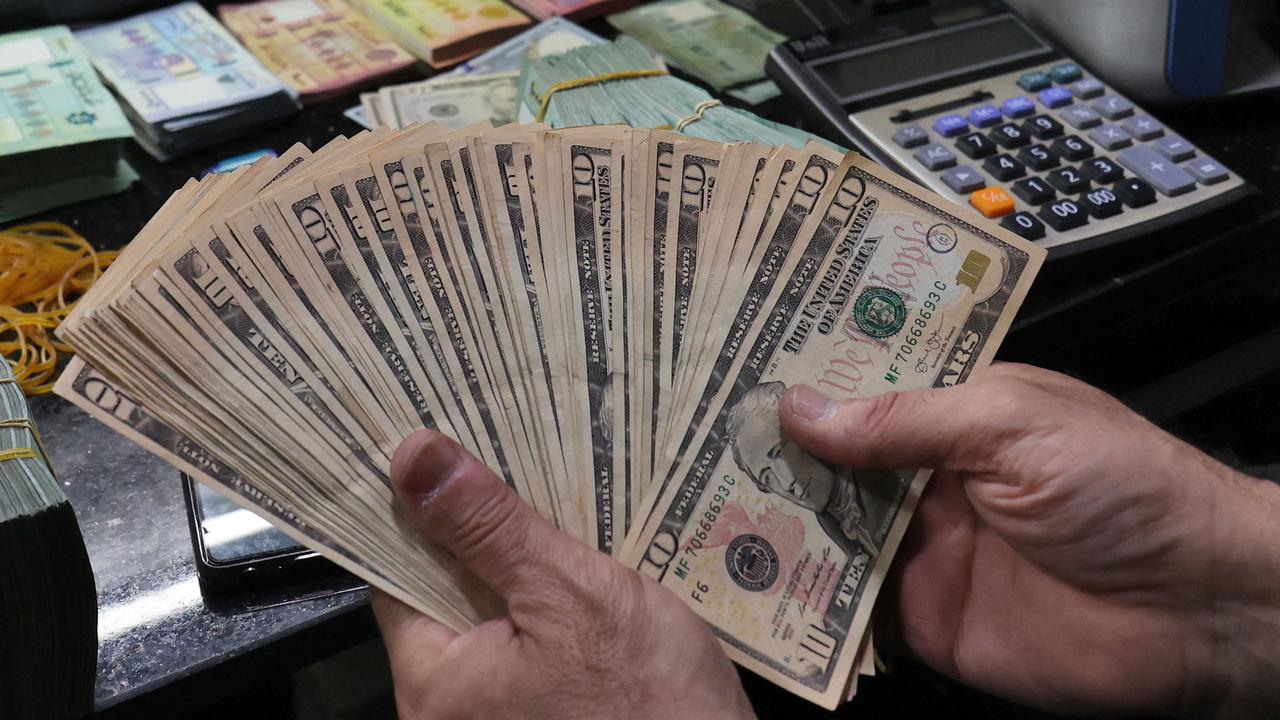
The US dollar formed 69 per cent of global currency reserve holdings in 2007.
And earlier this year, the yuan (also known as renminbi) moved into fourth position in the international payments market, behind the US dollar, the Euro and the Japanese Yen.
That’s up from 35th spot in 2010.
“The country has expanded access to more foreign financial institutions through the Belt and Road Initiative and the expansion of offshore yuan transaction centres,” says Loots. “This, in turn, has boosted the yuan’s role in trade and financial transaction as well as its role as a reserve currency.”
Currency exchange
The trend is steady, but unmistakeable.
Central banks worldwide invested in more gold last year than they have since 1987. That’s a sign they want to hedge the exposure of their home currencies to the US currency against the fluctuations of the alluring yellow metal.
And, for the first time in decades, the US dollar is experiencing serious competition.
“Joint efforts to decimate the US dollar are also being discussed by Brazil, Russia, India, China, and South Africa, known as the BRICS,” says Atlantic Council senior fellow and Professor of Political Science at the University of Toronto Carla Norrlof.
But this fight is far from over for the Dollar.
— Genevieve Roch-Decter, CFA (@GRDecter) March 29, 2023
The Dollar still dominates foreign exchange reserves, but that lead is slowing being chipped away pic.twitter.com/iRADwZkIYi
“Together, these countries have explored issuing a joint reserve currency with the explicit purpose of bypassing the dollar and other major Western currencies.”
BRICS isn’t a formal trade bloc. But members are encouraged to align their trade policies and exchange resources. They’re also encouraged to dodge the Euro and find alternatives to the US dollar-dominated SWIFT secure messaging system global banks use to transfer funds.
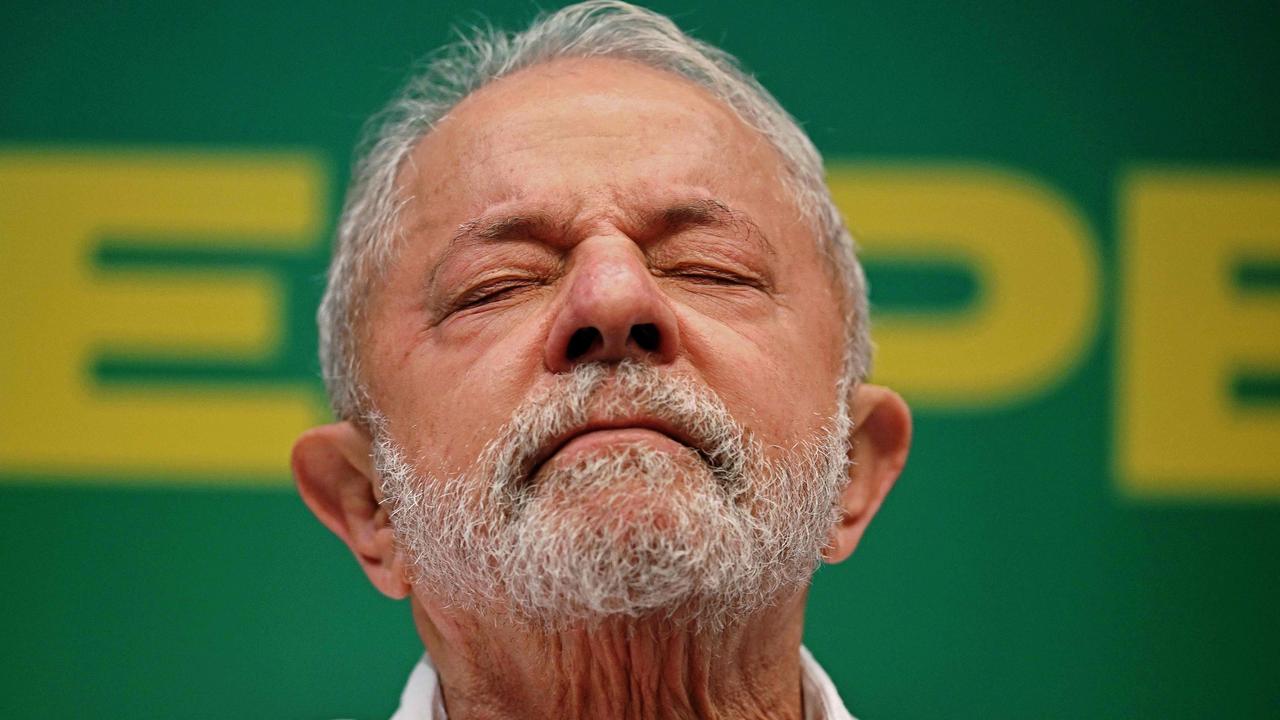
In 2014, the BRICS nations launched a $US50 billion New Development Bank as an alternative to the World Bank and the International Monetary Fund. They also established a joint liquidity reserve to ensure members could meet debt repayments.
Earlier this month, South African Foreign Minister Naledi Pandor told media she had 12 new nations expressing interest in joining the cash alliance. “Saudi Arabia is one,” she said, “along with the United Arab Emirates, Egypt, Algeria, Argentina, Mexico and Nigeria.”
And Brazil’s new deal with China is another sign the informal cooperation behind BRICS is taking effect.
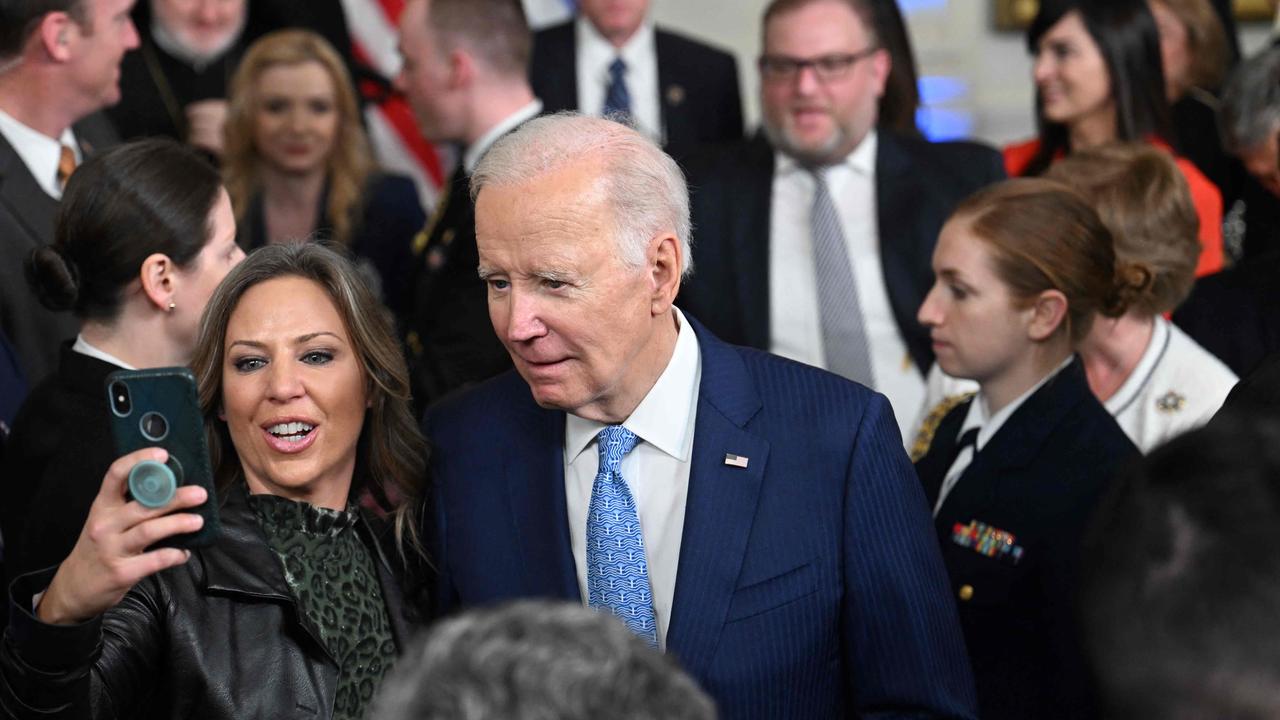
In the meantime, Saudi Arabia, Iran, India and the United Arab Emirates have begun exploring alternatives to the US dollar when it comes to paying for oil.
They have cause to do so.
“The vast majority of energy (oil and gas) contracts are invoiced in US dollars, so energy prices typically move together with the US dollar,” Henckel writes for the Australian Institute of International Affairs (AIIA).
“For energy-importing countries, this means that measured in their own currency, the adverse impact of higher energy prices is exacerbated by an appreciating US dollar.”
The price of autocracy
“The US plainly has no interest in giving up its exorbitant privilege while no other nation currently has the means to become a monetary hegemon,” says Henckel. “China has made some concerted efforts to expand the use of the renminbi (yuan), for example, through the Belt and Road Initiative, but progress remains slow.”
But Russia’s invasion of Ukraine and China’s aggressiveness towards Japan, Taiwan, the Philippines, Malaysia, Vietnam, Indonesia and India is forcing the world to choose sides.
“As the world becomes more divided by this war, the Chinese yuan may become the safe haven for Russia and other like-minded countries,” says Loots. “It may be just the stimulus that China hoped for.”
But the ultimate success of the yuan depends on Chairman Xi.
“International investors are extremely sensitive to sovereign risk, and as long as the renminbi is not freely convertible and the Chinese government remains autocratic, the renminbi’s appeal is limited,” says Henckel. “No other nation has the political and economic heft to rival the US.”

Increased global uncertainty is also working against this new axis of autocracies.
Democracies are seeking reliable supplies of critical resources through “friend shoring” deals with like-minded nations. The same thinking will likely see them place increased faith in the US dollar.
“With geopolitical tensions rising, it is likely that an old security logic for the use of the dollar will take hold. Historically, allies have offered currency support in exchange for defence commitments,” Norrlof adds.
“And even though many countries look on the sanctions against Russia with alarm, they have other geopolitical reasons to support the dollar. For in a less secure world, countries privilege survival and are more likely to support states capable of helping them secure their territorial integrity, giving the United States an edge because of its vast security network.”
Henckel believes the Chinese yuan will continue to rise as a global currency, “but only to a point”.
“Unseating the US dollar would require either an alternative national hegemon, with trustworthy financial markets, a transparent legal system, stable politics, and the absence of capital controls, or, alternatively, a withering of the nation-state that would enable modern, digital private monies to deeply penetrate the global economy. My crystal ball tells me that both are very unlikely in the foreseeable future.”
Originally published as Brazil, China ditch US dollar for trade payments, favour yuan









